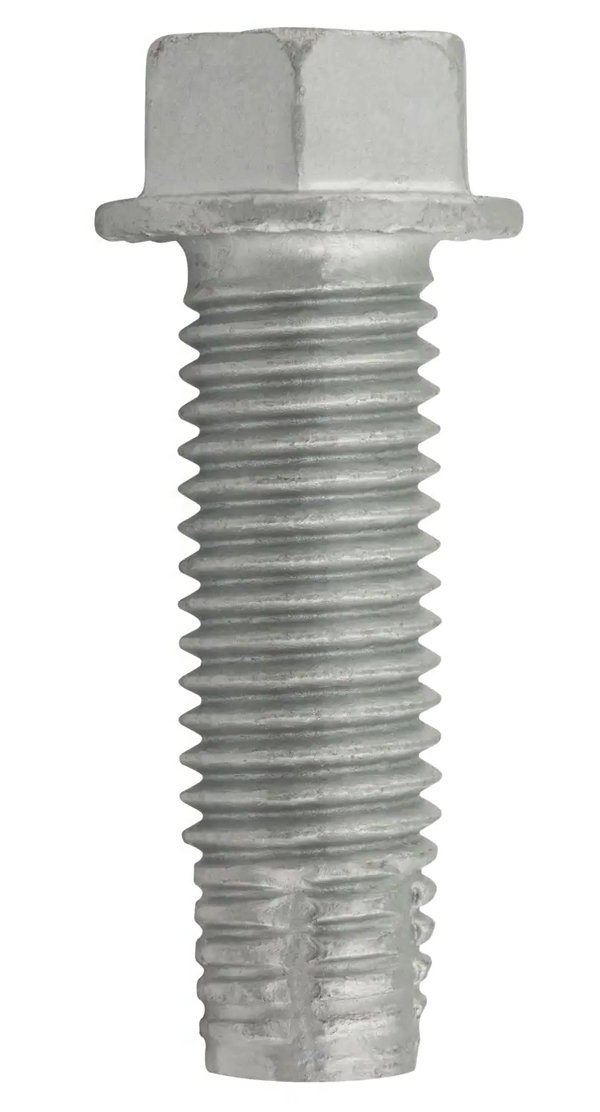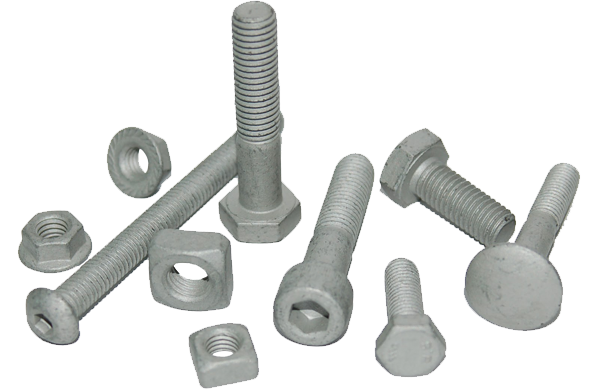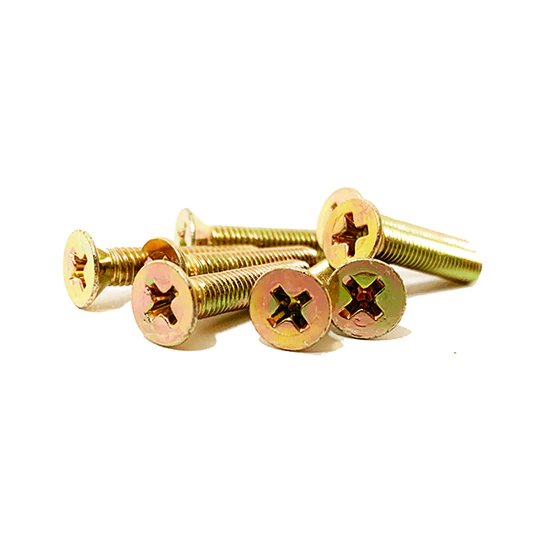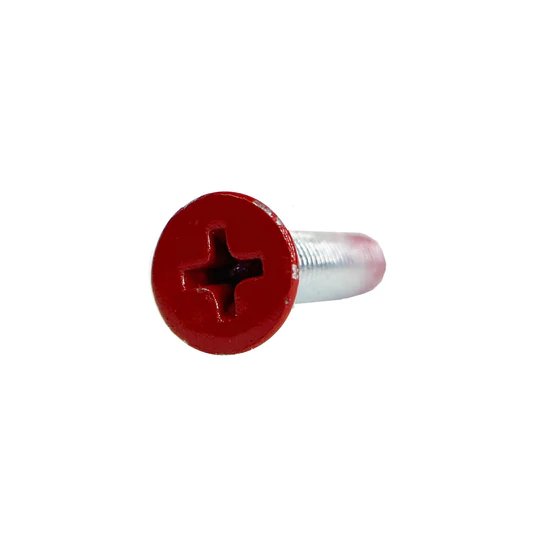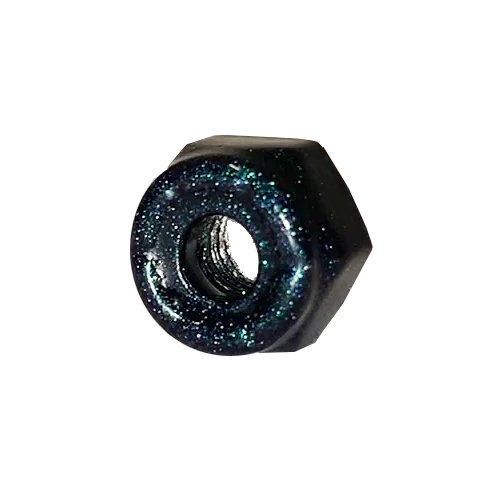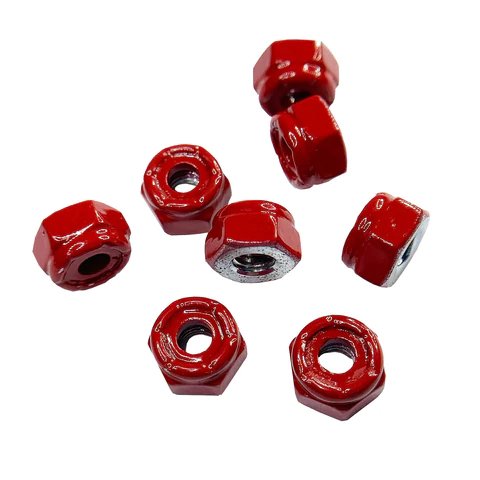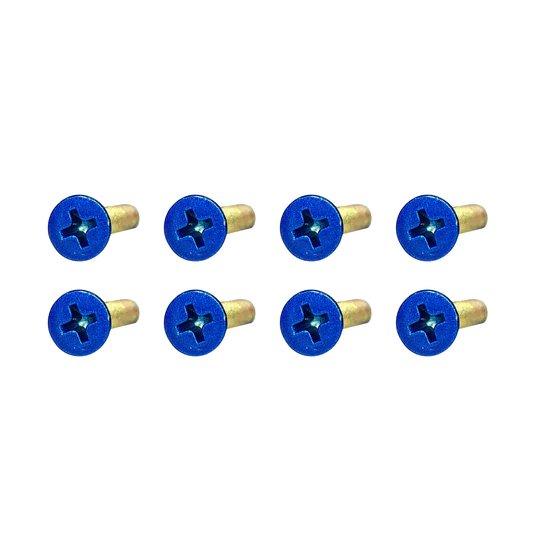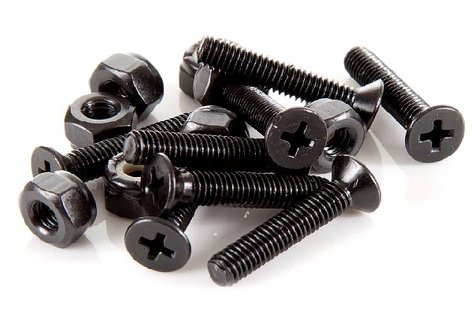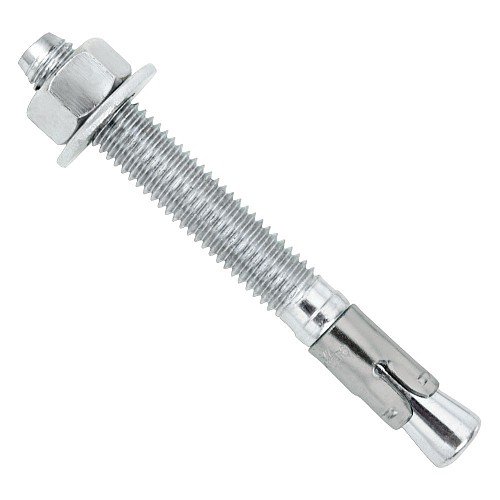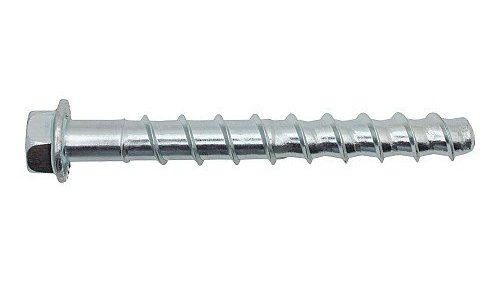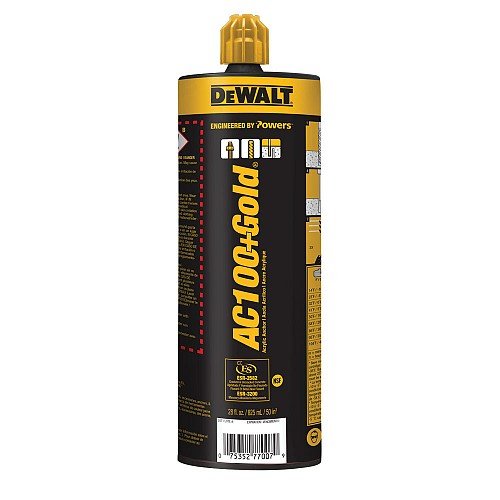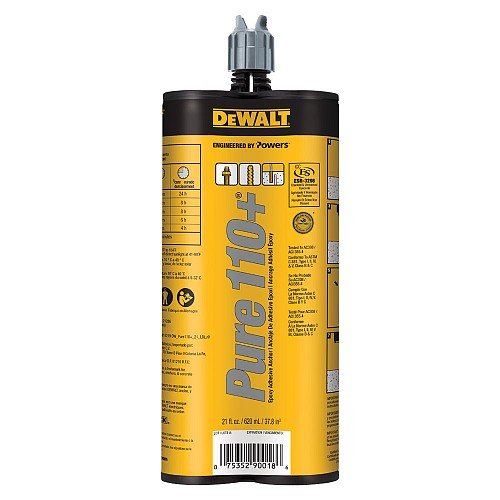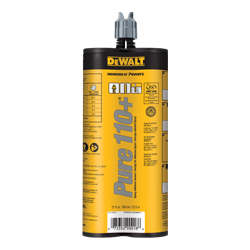Strong-Point is a trusted brand amongst construction professionals, and their line consists of a variety of high quality fasteners that are great for specialized, trade-specific applications, as well as fasteners that can be used more generally. We’re going to explore five Strong-Point brand fasteners that every construction professional should be familiar with.
Strong Point Self-Drilling Screws can be used to attach metal to metal or wood to metal with confidence. The most popular version are hex washer head, but they also offer many other head types with several drive options. These self-drillers have ICC-ES reports, and some are coated with Strong-Point’s proprietary Strong-Shield coating.
Strong Point Strongcon concrete screws are used to attach wood or metal to concrete, brick or cement block, and have Miami-Dade approval. They are offered in hex washer head or flat head. Strongcon screws have sharp threads require less torque during installation, and their diamond point design cuts and clears debris during installation for better thread engagement.
Strong Point Needle Point sheet metal screws are used to attach light gauge sheet metal to metal, are zinc-plated with a hex washer head, and feature optional white paint on the head or a bonded sealing washer under the hex washer head. Strong-Point Razor fasteners are a subfamily to the Needle Point line, with with a fine thread pitch and non-walking point.
Strong Point Polegripper fasteners are used to attach metal to wood in roofing and siding applications. The Polegripper’s Hi-Hex washer head provides excellent driving stability, and their Type ‘17’ point eliminates wood splitting during installation. Many Polegripper sizes are available in 304 stainless steel, and all are coated with Strong Shield.
Strong Point Woodworking screws are cabinetry, furniture, trim and hinge screws that are used to attach wood to wood in a wide variety of woodworking applications. Strong Point’s woodworking screws come in plain, zinc, black oxide or phosphate finishes, and are available in lengths ranging from 1/2” to 3”.
If you’d like more information or pricing on these fasteners or any other Strong Point products, contact Mudge Fasteners at (800) 634-0406 today.







